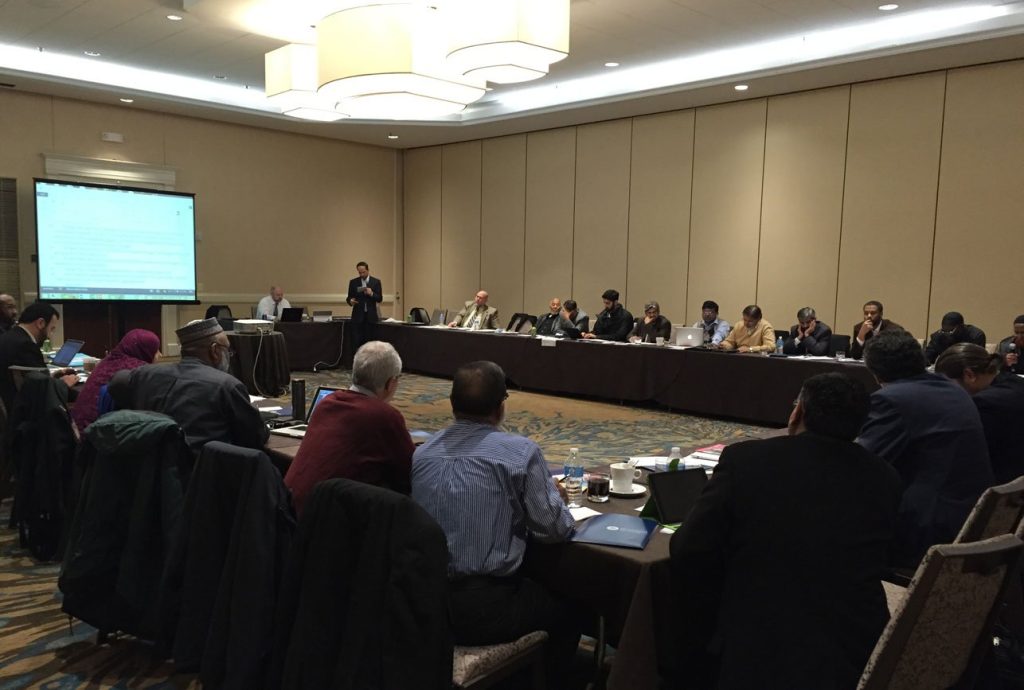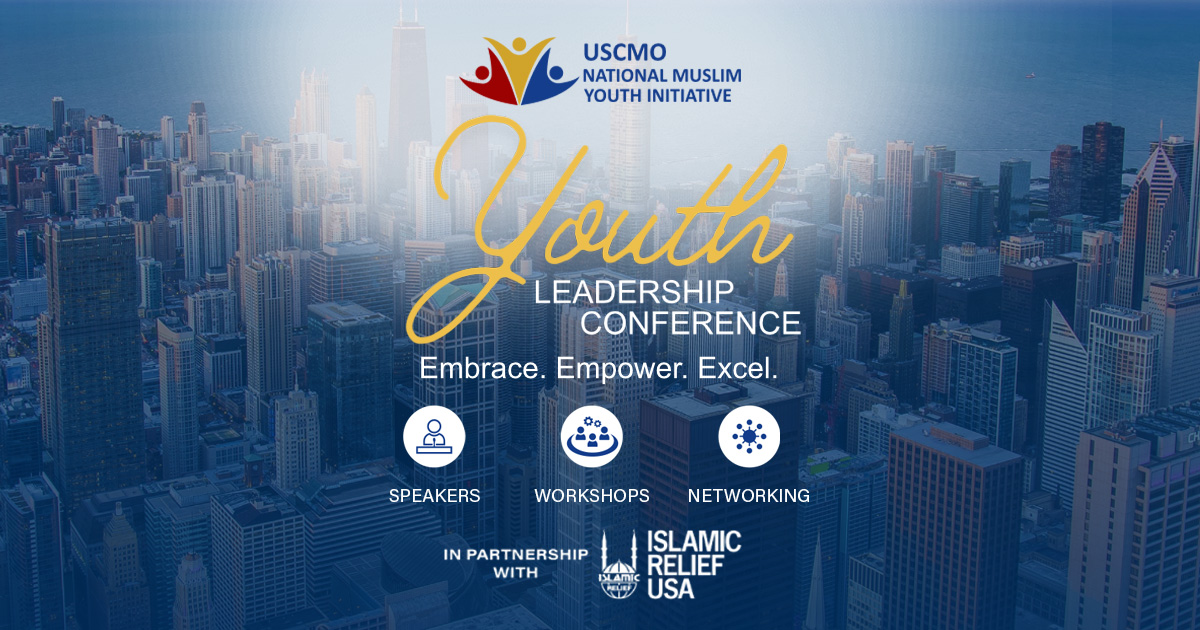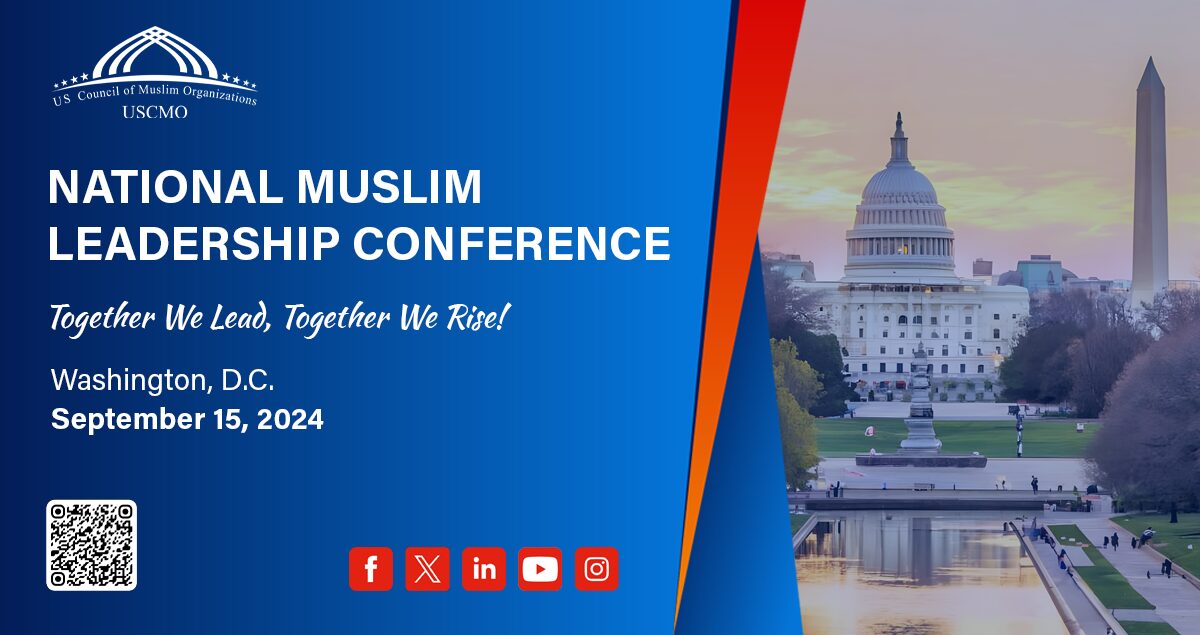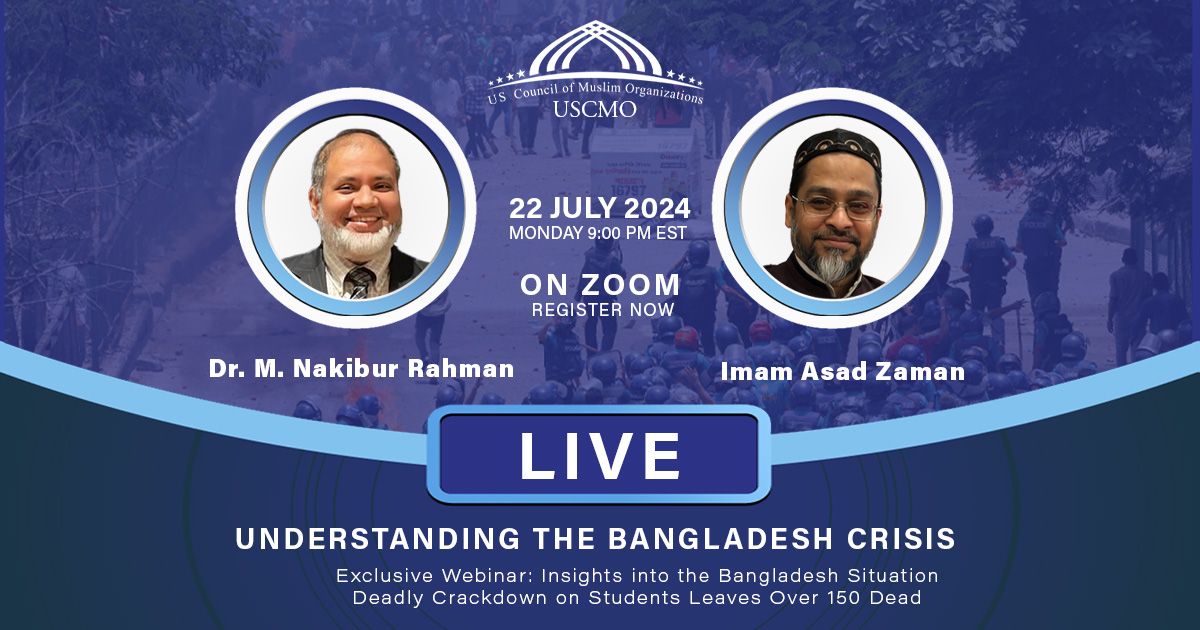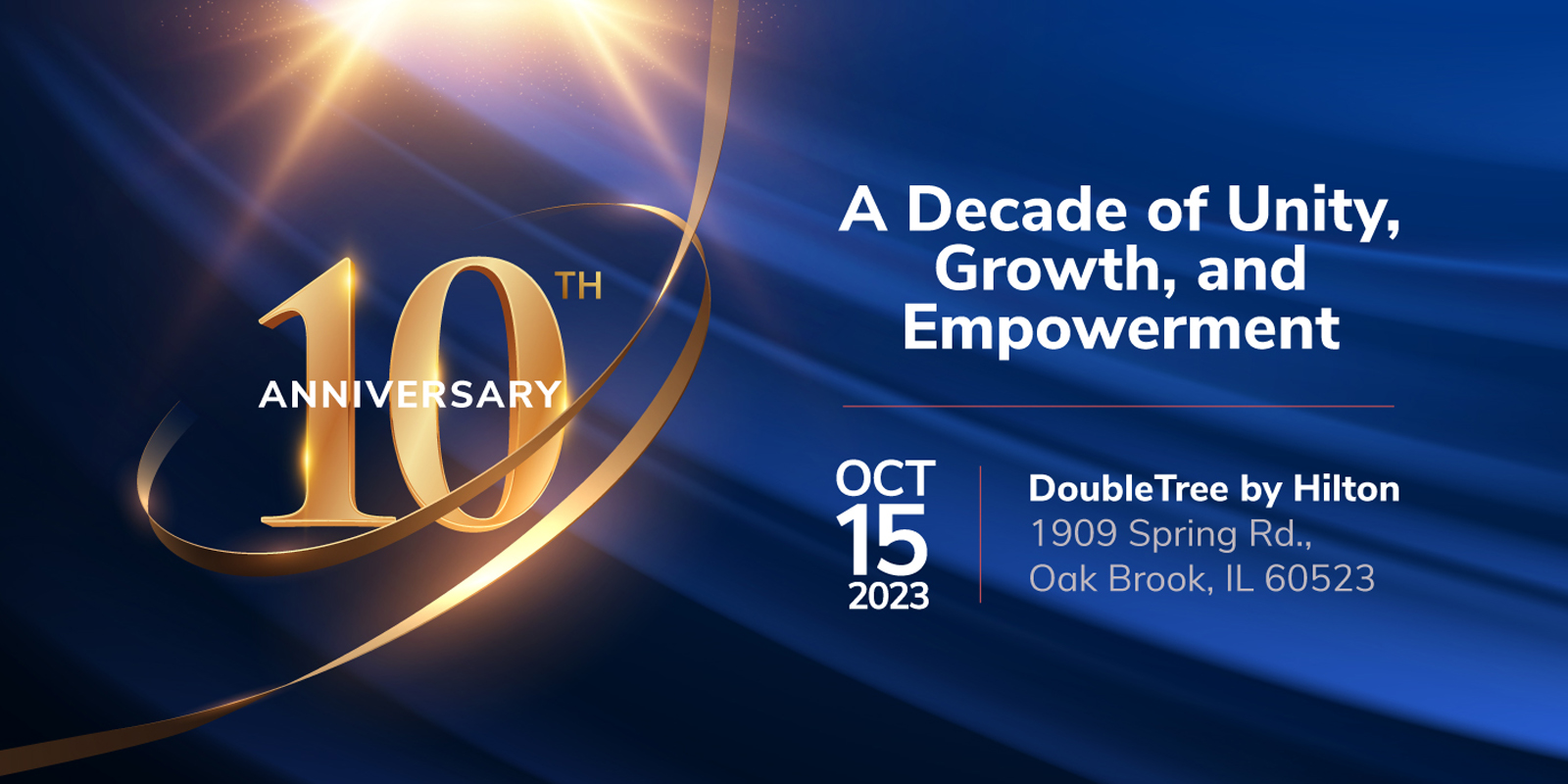In a gathering of approximately fifty U.S Muslim leaders, the U.S Council of Muslim Organizations (USCMO) hosted an all-day community forum regarding the American Muslim community’s role in countering violent extremism (CVE).
Differing viewpoints on CVE were addressed by a speaker from the Department of Homeland Security as well as speakers from the ACLU, Amnesty International, and the Brennan Center for Justice.
There are various viewpoints and proposed strategies regarding the roles that Muslims can play in combating extremism and the degree of responsibility that the Muslim community and institutions have in this regard. There is also a spectrum of opinions regarding how deeply involved the government should be in community initiatives and how this impacts civil liberties.
The day-long forum was composed of four sessions focusing on four different areas of discussion and concluded with the fourth session drafting a guideline.
Session one was led by speaker Kareem Shora, Chief, Community Engagement Section, CRC-DHS. This session discussed the U.S government’s perspective on CVE since releasing their national strategy to prevent violent extremism in 2011, and attorney general Holder announcement in 2014 that Boston, Minneapolis, and Los Angeles are to be the pilot cities for the CVE program.
The second session was held to discuss the issue of American liberty and its place in the government led CVE initiatives. USCMO endorsed an ACLU-led coalition letter that outlined concerns regarding Obama’s CVE initiative. Two major concerns were raised:
– The program’s unacceptable framing of American Muslims as suspicious.
– The prospective impact on religious and political free expression.
The speakers in session two included:
– Michael German, Fellow to the Liberty and National Security program, Brennan Center.
– Hina Shamsi, Director, National Security Project, ACLU.
– Naureen Shah; Director- Security and Human Rights Program, Amnesty International.
Session three was held as a collective leadership discussion. Its focus was to discuss what our appropriate role is in CVE. Efforts by extremists to recruit and spread their ideologies is a reality in some Muslim communities, but is largely unsuccessful. These issues need to be discussed by leaders in a manner that aims to prevent the alienation or targeting of Muslims as a whole. The question of our role in preventing this threat by utilizing and forming community led initiatives versus government led initiatives was raised for consideration.
The fourth and final session considered what actions in CVE are appropriate. As a responsible Muslim community it is our responsibility to prevent even one successful case of extremist recruitment even if they are few and far between. CVE utilizes cultural competence training for law enforcement, efforts to counter extremist ideology, and efforts to prevent and disrupt violent extremist recruitment efforts. This session included stories of success and provided the attendees with the best plan of action.
Following the presentations participants discussed and considered the issues at hand. In accordance with the Shura process, the USCMO embraced the following points on CVE:
– They are disappointed that the administration has not responded to our concerns that were addressed in the ACLU-led letter.
– On the basis of media information and personal experience the USCMO is very concerned that law enforcement efforts and CVE programs may be backed by intelligence gathering activities and other abusive law enforcement practices – particularly concerning the FBI
– The Islamic faith and this council reject violent extremism.
– It is constitutionally questionable and morally inept that the administration for CVE seems to be singling out the Muslim community in particular.
– There are concerns over the issue that various local community leaders have had to shut down political discussions due to the fear of their words being misconstrued or misinterpreted and hasty law enforcement abuses. Religious leaders should feel free to preach guidance from Islamic sources to help spread a positive understanding of the faith among at-risk persons. Freedom of speech is important to USCMO and individuals should feel the freedom to discuss occurrences of civil liberties abuses and foreign policy issues.
– There is a noticeable lack of specification and detailed information regarding the Obama administrations current CVE initiative.
– The council has agreed that African American Muslims have a higher degree of experience dealing with these types of negative U.S government policies than the rest of the American Muslim Community. Shura from African Americans needs to be increased in order to develop a complete understanding of the unique issues they face.
– It was noted that the Obama administrations statements regarding CVE issues since September have not given credit to the numerous and significant contributions that American Muslims have made towards protecting our nation.
– Due to the lack of confidence in the government-led CVE, the USCMO believes it is best to support and establish community-driven practices and programs.
Later, on February 18th, 2015 USCMO secretary general Oussama Jammal attended the White House summit on countering violent extremism to represent and voice the concerns of the USCMO.

